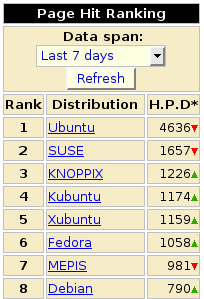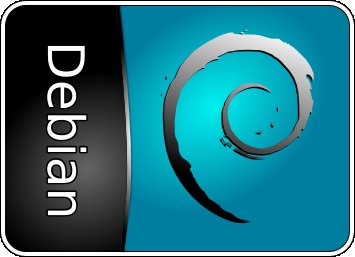I attempted two times before to blog about UDS Paris, but didn’t know where to start, so here’s take 3, trying to keep it simple this time.
In short, the summit was great. I met lots of great people there, like the good old Mr Edubuntu (aka ogra) and the LTSP developers (sbalneav and jammcq), and played cards with Ian Jackson (he wrote dpkg and is previous DPL), along with many other cool and interesting people.
The processes worked quite smoothly, most high-priority specs were processed during the week, and everyone were quite happy with the efficiency of this summit. It sets a great pace for the development for Edgy.
A highlight was attending a BoF (Bird of Feather) session with the accessability team. They have some great ideas for accessability and Ubuntu. Klaus Knopper, author of Knoppix, was also there to give assistance. He’s working on a very nice system for visually impaired users, most of which will hopefully find it’s way in Ubuntu. The accessibility team does need a lot of help though. They are also currently a small team, and are doing plenty of other work on Ubuntu as well. Henrik asked me if I can do an access.ubuntu.com website, that would be easy to access for accessibility users. I’ve never done something like that before, but I told him that I would try. I googled for accessibility, and it turns out there’s a W3c specification for accessibility sites. I was also refered to the BBC Website, which seems to be widely accepted as a good designed site in terms of accessibility. If you want to help with the accessibility site, please contact me. I think I’m going to need some help on this one. Henrik also suggested using sounds in the website, I don’t think there’d be much technical problems there, but good layout and usability for people who can’t see is something that I haven’t worked with yet, so if you know of someone who is visually impaired, please let me know, I’d appreciate it if they could test it for me and provide feedback.
Some of the upstream projects also had some interesting ideas, some of them I can’t talk about it yet, since they haven’t announced it yet, but I’ll definitely blog about it once they do ![]()
We managed to go to downtown Paris a few evenings during the week, I took some pictures at the Eiffel tower and Notre Dam. It was an intense week, and I got very little sleep, but it was completely worth while. Spending time with so many great people definitely changes you.








Recent Comments